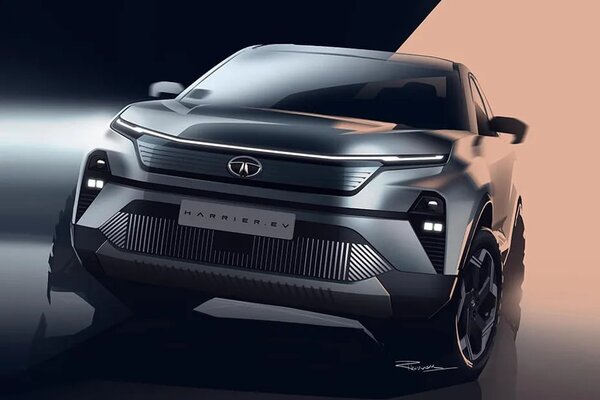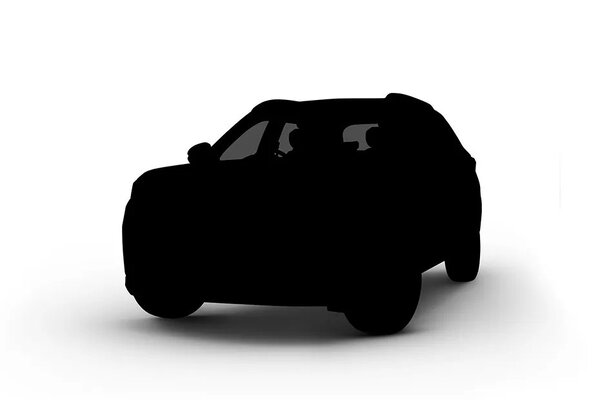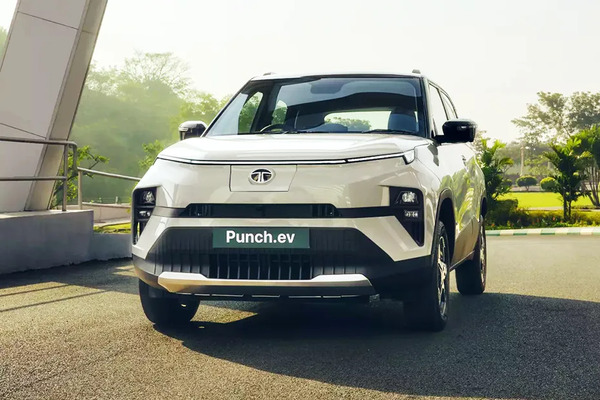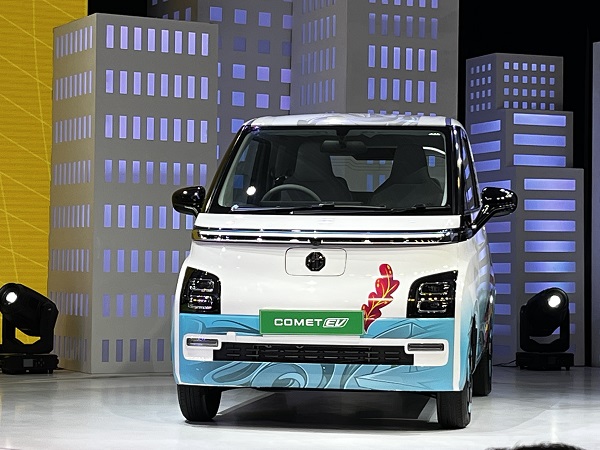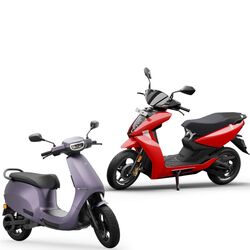Buying EV in Mumbai? Here's all you need to know before driving on battery power
- As options among electric vehicles gradually increase, the support infrastructure too is at the cusp of expanding.
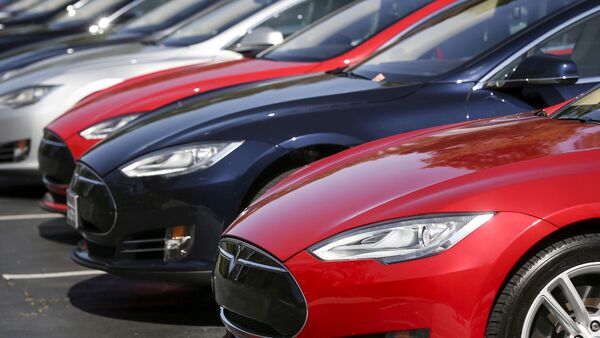

The world is fast embracing electric vehicles (EVs) and India too is gradually transitioning towards mobility options that are powered by battery. While the Indian EV story is being largely scripted by demand in the the two and three-wheeler space, options in the passenger vehicle segment has also been increasing gradually. It is a well-recognized fact, however, that the major thrust for and towards EVs would come from urban parts of the country because of the need for supporting infrastructure. And in this regard, Maharashtra wants to play a lead role.
The updated Maharashtra EV policy was announced in July of 2021 and aims to take EVs to the masses by making the options more accessible and by strengthening the support infrastructure. While data from Federation of Automobile Dealers Association show that Uttar Pradesh, Delhi and Karnataka are the leading states in terms of EV sales, Maharashtra is poised to catch up.
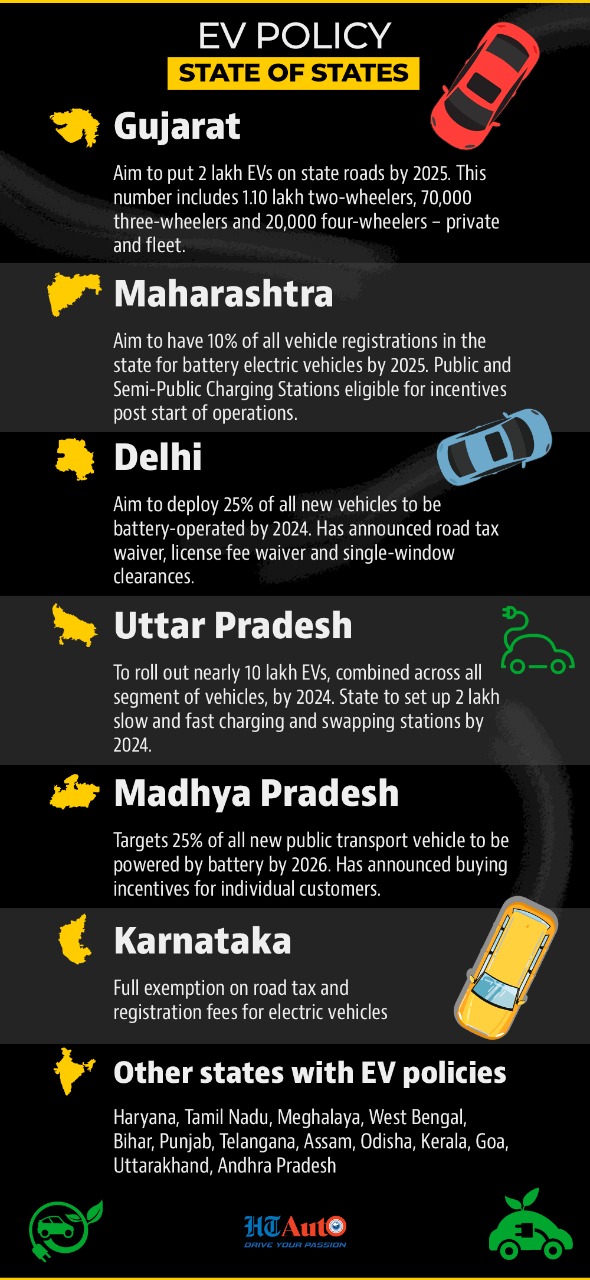

Also check these Vehicles
The Challenges
The Maharashtra EV policy recognizes that when compared to other states, EV adoption here has been slower. It outlines four primary reasons for this - high upfront price of EVs, lack of products comparable to conventional vehicles, inadequate public charging infrastructure and low levels of awareness.
Now while these factors are a challenge in most parts of the country, there is a stated focus on addressing the crucial aspects of infrastructure and awareness, even as pricing potentially falls with mass-scale production.
The Objectives
Maharashtra is aiming to ensure that 10 per cent of all vehicle registrations in the state by 2025 are for EVs. It may be easier said than done but there's a plan outlined. Of all buses under Maharashtra State Road Transport Corporation, 15 per cent would be converted to electric. The state also wants to be the country's top manufacturer for battery electric vehicles or BEVs. Subsidy for purchase of electric two-wheelers and electric cars - based on battery capacity - have also been announced under the EV policy. This ranges from anywhere between ₹5,000 to incentives worth ₹1.5 lakh, depending on factors such as battery capacity and model.
The Support
Awareness around the benefits of an EV or simply buying an EV won't be enough to take the technology to the masses. Support infrastructure is crucial. And while taking the new infrastructure across the large expanse of the country in unlikely to happen with speed, the urban centers are in prime focus for now. Mumbai welcomed its first public EV-charging station last year which can power 72 vehicles each day. It is located in Kohinoor building parking lot in Dadar West.
Tata Power has also collaborated with the National Real Estate Development Council (NAREDCO) for as many as 5,000 planned charging points across Mumbai.
Home charging points are also being established and while housing societies may not immediately warm up to the idea, this is where the awareness drives would most likely make a difference.








 64kWh
64kWh 350 km
350 km
